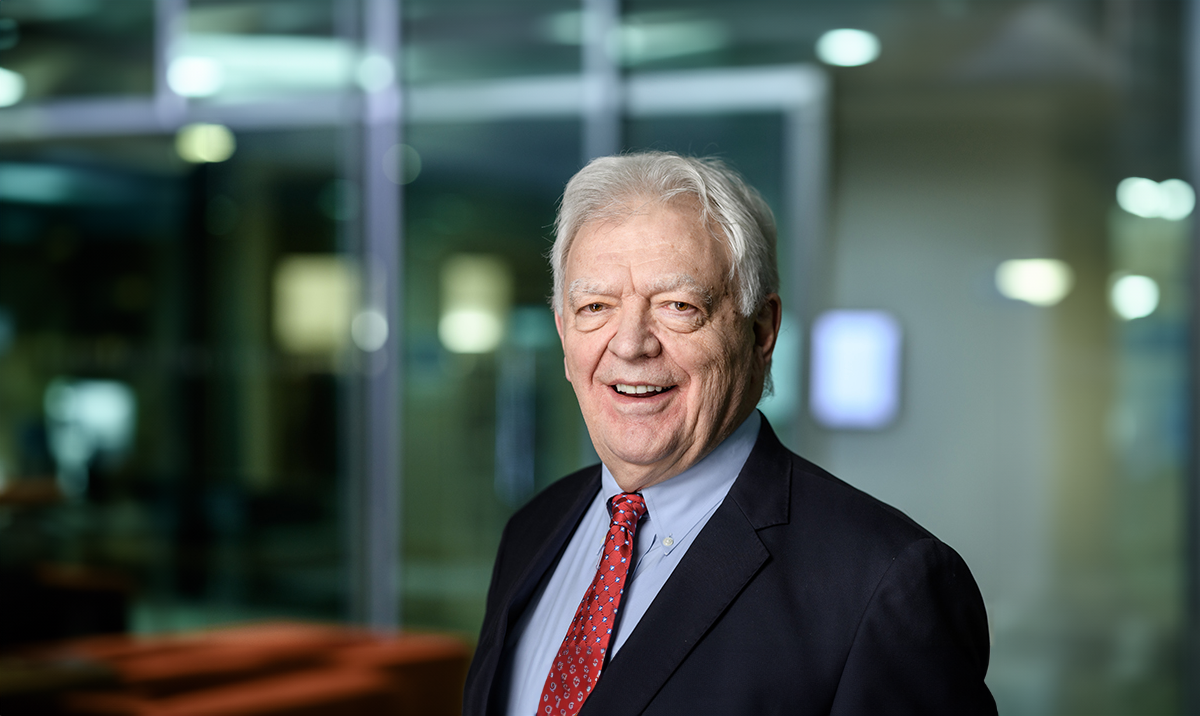
5 ways to reconnect with your inner child in the workplace
Our previous brain circuit on this subject explored what your inner child can do for you, such as take risks or look at a situation differently. Here are five ways to reconnect...

by George Kohlrieser Published September 30, 2021 in Brain Circuits • 3 min read
There is a mountain of evidence that, above all else, leaders need to be inspiring. Being inspiring is the difference between simply managing people or moving them to a higher level of their potential. And while the requirement to be inspiring can sound like a daunting task, it’s a learnable skill and one that leaders need to practice regularly.
Consider your language
Choose words that are direct, clear, and without sugar-coating. Use simple words that evoke pictures and emotions. This stimulates the imagination and gets those around you to use their mind’s eye to visualize what could be. A leader who is clear and convincing to listen to is a leader who gets people’s imaginations working.
Be direct
It’s important that your messages are honest and authentic. If you must deliver painful or bad news, don’t sugar-coat it. You need to communicate your beliefs sincerely to create a feeling of security and trust.
Make others feel safe
People need to take chances and risk failure to develop, but they won’t do this if they don’t feel safe. You need to be a secure base to them. By garnering the trust of those around you, you stimulate a willingness to take risks, and that is where the seeds of inspiration are sown.
Project a state of calm
For people to feel secure around you, you must remain composed and grounded, and project that outward. This is known as “the person effect”.
Consider your state
You must be positive and focus your mind’s eye on winning, rather than not losing. Staying positive even in times of failure and loss is inspiring, so practice always focusing on the positive.
Try structured practice
In addition to focusing on the above principles, there are places where you can hone your skills. Improvisational theatre can help you to think on your feet, practice using colorful, imaginative language, and gauge people’s reactions. Professional media training is another way to access coaching on your communication skills.
Remember – you are only limited by what you believe you can achieve. So, the only thing standing in the way of you becoming a more inspirational leader is you.
Hostage at the Table: How Leaders Can Overcome Conflict, Influence Others, and Raise Performance. (Jossey-Bass, Warren Bennis Series, 2006). International bestselling book with awards in France for Best Leadership Book and in Germany for Best Management Book.
Care to Dare: Unleashing Astonishing Potential Through Secure Base Leadership (Jossey-Bass, Warren Bennis Series, 2012). Named one of the Best Business Books of 2013 by Soundview.

Distinguished Professor of Leadership and Organizational Behaviour at IMD
Professor of Leadership and Organizational Behavior at IMD and Director of the High Performance Leadership program, the Advanced High Performance Leadership program, and the Inspirational Leadership program. He serves as a consultant to several global companies including Accenture, Amer Sports, Borealis, Cisco, Coca-Cola, HP, Hitachi, IBM, IFC, Jaeger-LeCoultre, Morgan Stanley, Motorola, NASA, Navis, Nestlé, Nokia, Pictet, Rio Tinto, Roche, Santander, Swarovski, Sara Lee, Tetra Pak, Toyota, and UBS.

1 day ago • by Francesca-Giulia Mereu in Brain Circuits
Our previous brain circuit on this subject explored what your inner child can do for you, such as take risks or look at a situation differently. Here are five ways to reconnect...

February 23, 2026 • by Julia Binder in Brain Circuits
Myths abound when it comes to corporate sustainability. Can you tell fact from fiction? Test your knowledge on the common misconceptions here....

February 19, 2026 • by Michael D. Watkins in Brain Circuits
As AI reshapes business operations, your leadership development efforts must focus on enabling humans to continue to add distinctive value. Michael D. Watkins explains how to use the 75/25% rule to guide...

February 18, 2026 • by Cindy Wolpert in Brain Circuits
How people engage with you is shaped by your brand. If you are known to be reasonable, pragmatic, and strategic, they will want to work with or for you. But if you...
Explore first person business intelligence from top minds curated for a global executive audience